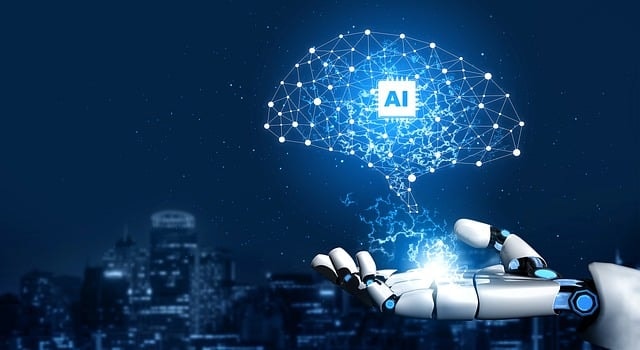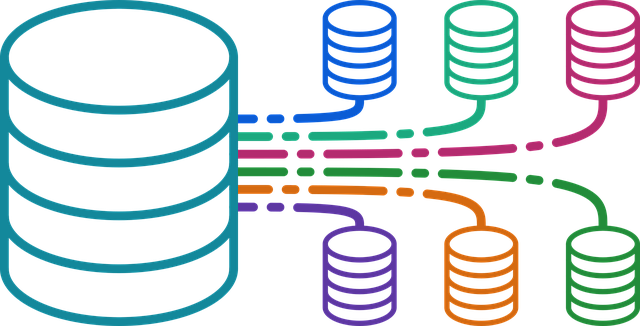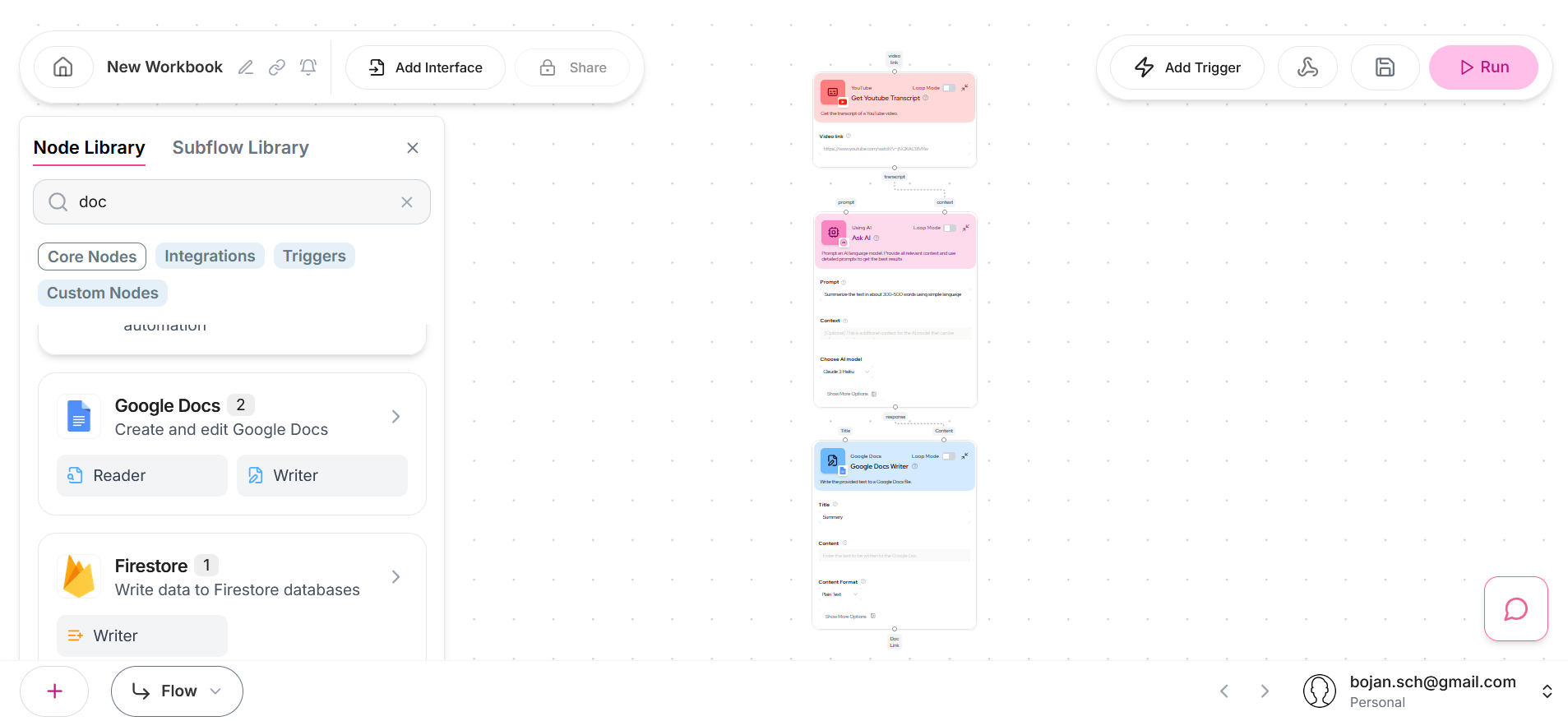 Srdjan Ristanovic
Srdjan RistanovicSaaS Is Dead? Will AI Agents Kill or Transform Software’s Dominant Business Model?

In December of 2024, when he went on the BG2 podcast, Microsoft CEO Satya Nadella said something that sent shockwaves across the SaaS space.
"I think, the notion that business applications exist, that’s probably where they’ll all collapse, right in the agent era**,** because if you think about it, right, they are essentially CRUD databases with a bunch of business logic. The business logic is all going to these agents, and these agents are going to be multi-repo CRUD, right? So they’re not going to discriminate between what the backend is. They’re going to update multiple databases, and all the logic will be in the AI tier, so to speak. And once the AI tier becomes the place where all the logic is, then people will start replacing the back ends, right?"
Taken at face value, this means SaaS is going the way of the dinosaur, right? At least, that's how people see it.
Marc Benioff, CEO of Salesforce, reacted by stating that we're far off from the type of AI agents needed to make the Microsoft CEO's vision a reality.
He also took the chance to slam Copilot, Microsoft's AI assistant, by saying: "Customers are not finding themselves transformed with this Copilot technology.”
"I've spoken to these customers - I mean, they barely use it," he added.
Ironically, this retaliation comes from the person who stated that Salesforce's mission was "The end of software" when he launched the SaaS company in 1999.
Whatever Satya Nadella meant with his statement, one thing is certain, major SaaS businesses took notice.
So, is SaaS dead?
In the following sections, we'll try to gauge whether traditional SaaS is dead as a doorknob or whether Nadella's words aren't as dramatic as they sounded.
Key Points

Is SaaS heading for extinction or a massive transformation? Satya Nadella's provocative statements about AI agents and business applications have sparked serious debate. In this section, we’ll explore the key implications of Satya Nadella’s vision and how it could change business applications, user interfaces, data sharing, and the future of software development.
UI Becomes Redundant
Switching to a model where an AI agent handles the business logic would radically change the UI. If a user prompts the agent to pull out a report, it would be redundant for the agent to use the same UI the user would've used had he needed to create the report manually.
The standard workflow assumes the user would click through menu items, filter the data, sort it, and so on, by relying on the UI. An AI agent wouldn't be bound to this UI like a human user is. Once prompted, it could interact with the database directly and handle these complex tasks more efficiently through APIs. The UI would remain relevant only as a means to visualize the output.
SaaS Is a Glorified CRUD Database?
In the most controversial part of the interview, Nadella actually throws shade on SaaS apps by equating these solutions to glorified CRUD databases. While he was likely just oversimplifying the nature of SaaS solutions to get his point across, he did strike a major issue.
Getting work done when you need data from multiple platforms is a drag. Each solution has its own proprietary data schema, meaning how a data entity is defined varies across databases. Nadella talks about an ideal case scenario where AI agents communicate with each other and map out the data across multiple databases.
So, ultimately, his vision is one where AI agents dismantle data silos and where data is shared smoothly across platforms.
Security – The Most Interesting Question
Nadella stated security is, in fact, the most interesting question regarding this new AI agent model. When asked whether Microsoft would allow AI agents from different apps to interact and share data among themselves within the Windows ecosystem, he didn't provide a clear answer.
He ultimately said that the responsibility for allowing AI agents to conduct actions within an open platform like Windows would fall on the user as it's the user's data that the agents would be accessing. But he did mention that malware hijacking the agents and being unleashed on the system is a scary thought.
Clearly, Nadella's vision is one where AI-aided users have great power as well as great responsibility.
The Future of Search
Nadella was also asked to comment on what he thinks about the future of search engines. His answer was that as long as search engines like Google and Bing dominate navigational and consumer queries, AI agents won't take center stage. He also mentioned that Google has an obvious advantage because of distribution, as it's the default search option on both major smartphone operating systems.
However, he noted that once commercial queries start migrating to ChatGPT and other AIs, the dam will break, and search will shift heavily in favor of AI. Once ChatGPT starts answering queries like "best pizza near me," Google's dominion will be challenged for the first time in decades.
What are AI agents ?
AI agents are software that run tasks autonomously by processing data and running workflows. They use machine learning and natural language processing to mimic human decision-making, so they're perfect for automating repetitive business processes. By talking to multiple data sources and systems, AI agents can simplify, speed up, or even transform workflows.
If you're curious about the topic and want to try out automating a business process, Gumloop is a no-code platform you can use to build and deploy an AI automation in minutes. No technical skills are required. The platform has a user-friendly drag-and-drop interface where you can quickly design agents that integrate with existing data repositories and workflows.

In the screenshot above, you can see a simple automation containing just three nodes. At the top, we added a YouTube scrapping node where you can input a link for any video.
For the second step, we added an AI node and prompted it to create a simple summary based on the transcript from the first node. And finally, we added a third node which adds this summary to a Google doc. We spent under a minute doing this. The result is a clear and simple summary of any YouTube video we input.
Try it out for yourselves, it’s a hands-on way to experience what Nadella's post-SaaS world could look like, where AI agents take center stage, and traditional interfaces take a step back.
Predictions

Though Nadella’s words rattled the SaaS community, they hint at evolution rather than outright extinction. Below, we’ll explore several key predictions about how AI will reshape the SaaS model.
UI Gets a New Role
As AI agents take over, traditional SaaS interfaces will take a back seat. Imagine CRM systems where agents auto-update records by parsing emails and meetings, bypassing menus and filters altogether. UIs that were once the primary gateway will give way to AI agents accessing databases using APIs.
Dashboards won't disappear but will be used mostly as oversight tools, showing read-only snapshots of agent activity.
So, will SaaS interfaces die out? No, they'll evolve. Nadella’s AI tier may change workflows, but UIs will remain the window into the machine’s mind.
Zero-Click Fallout
A 2024 study by SparkToro using Semrush data has shown that nearly 60% of Google searches end as a zero-click search. Think about it. Almost 2/3 of people get their answers from the featured snippet and don't click on any links. And these numbers are likely to increase.
As more and more people are not navigating away from the results page, traffic for Google's organic search ratings will drop in 2025.
Rob Walling, entrepreneur and author of "The SaaS Playbook," predicts that we'll be looking at a drop of at least 15% due to AI as Google's results lean more heavily into AI-based summaries.
He also believes this will lead to the most substantial revenue drop in Google's history, given that 90% of Google's revenue comes from AdWords, and the ads are located at the top of the search results. Google's revenue will likely keep falling until they find a way to create an ad infrastructure to monetize their AI answers.
The Impact of AI Agents on Software Development
As AI agents redefine SaaS, software developers' roles will increasingly become geared toward mastering data. The focus will be training AIs to act as translators for proprietary data formats and creating guardrails (not allowing the merging of records without approval, etc.) to ensure trust.
Imagine feeding emails, contracts, and call logs to an agent and prompting it to track the leads; no custom CRM required. Code remains essential, but it'll be sharing the spotlight. And the future will increasingly favor developers that have mastered data skills.
The Future of Software Development Agencies
With AI agents becoming mainstream, software development agencies will need to adapt in the following years. The agents will continue to automate routine tasks like generating code snippets and handling CRUD operations.
Nonetheless, the demand for specialized skills will remain intact. DevOps, Data engineering, Rust programming, and other niche expertise will become more valuable because of AIs' inability to make complex architectural decisions.
Additionally, agencies that combine technical expertise with sales knowledge, marketing, and business strategy will stand out in an increasingly crowded space. By offering end-to-end guidance from ideation and coding to market rollout strategy, these agencies provide comprehensive value that's hard to replicate.
AI agents are already reducing the need for teams to handle boilerplate tasks. However, developers must train these agents and maintain system security and data integrity. All this means that development agencies that nurture specialized skills and blend them with consulting will take center stage.
A Shift in Pricing Models
With AI agents becoming part of day-to-day business operations, we'll likely see a change in SaaS pricing models as well. Per-seat and subscription-based pricing will give way to models that reflect actual value delivered, such as pay-per-action or outcome-based pricing.
For example, instead of paying a flat fee for 50 users to access a CRM, businesses might pay only for the number of leads created or deals closed - tasks that an AI agent could efficiently automate. This approach ensures companies pay only for tangible results and incentivizes continual innovation in AI-driven SaaS.
Conclusion

Is the SaaS model doomed or entering a new chapter? Some see AI agents as a direct threat, while others think this is a chance for change. Current SaaS apps can be redesigned to work alongside AI, rather than be cast aside.
However, there are many unanswered concerns involving security, data ownership, and how human oversight will fit into an agent-dominated era. Nadella’s remarks may fuel debate, but they also highlight a rising trend: businesses want quicker, more powerful tools and the industry is adjusting. Based on what we've seen, our best bet is that SaaS transforms rather than disappears.